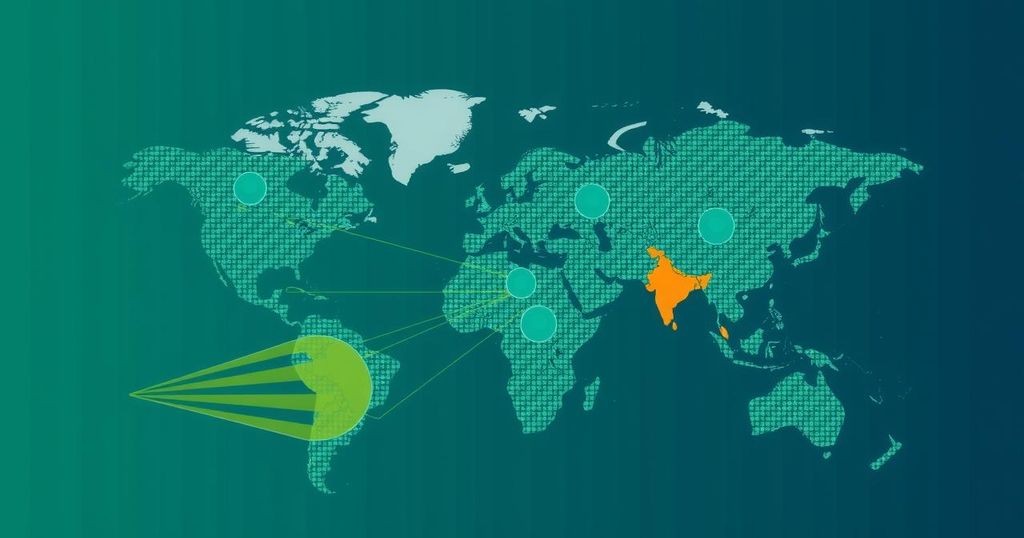Multilateral development banks are crucial for financing climate initiatives in developing countries, offering loans at lower interest rates to support clean energy projects amid unprecedented climate challenges. Despite some improvement in funding practices, investments in fossil fuel projects continue, reflecting the need for stronger alignment with climate goals. Global discussions aim to mobilize greater financial resources for combating climate change, underscoring the importance of these institutions in building a sustainable future.
Multilateral development banks play an integral role in financing climate-related initiatives worldwide, especially in developing countries that face significant financial barriers. As climate change exacerbates the frequency and severity of weather disasters, the necessity for innovative climate finance has become urgent. These banks leverage contributions from various governments to raise funds and provide loans at accessible interest rates to developing nations, facilitating the transition to cleaner energy sources and the fortification against climate impacts. In recent years, the World Bank and its affiliates have been pivotal in helping nations meet climate finance goals, including the $100 billion annual target established for developing countries. However, the pursuit of further financial resources to combat climate change is pressing, with estimates suggesting a need for five times the current climate financing to achieve the goals set forth in the Paris Agreement. Discussions at global summits center around the complexities of funding these necessary projects. While multilateral banks are crucial for the financial future of climate initiatives, a significant portion of their investments has historically supported fossil fuel projects, reflecting a contradiction in their mission. Despite improvements in funding practices, reports indicate that substantial investments continue to bolster fossil fuel-related projects, raising concerns about the sustainability of such investments and their long-term implications for climate goals. For example, the World Bank has allocated billions towards improving coal plant efficiency, an action viewed by critics as misaligned with the clean energy transition advocate. Nevertheless, banks like the Asian Development Bank are shifting their focus toward renewable energy projects, highlighting wind energy investments in regions such as Vietnam. This pivot represents a critical response to the growing recognition that future energy infrastructure must be established on sustainable foundations. It is apparent that while progress is made, there remains an urgent need for a comprehensive strategy that reinforces commitment to renewable energy and aligns funding practices with global climate objectives. In conclusion, multilateral development banks are essential players in the global effort to combat climate change, particularly for developing nations. However, their past financial practices, predominantly financing fossil fuels, stand in contrast to their stated environmental objectives. As discussions progress on how to mobilize necessary funds for climate action, it will be crucial for these institutions to prioritize renewable energy investments and adhere strictly to their commitments under international agreements.
The financial mechanisms to combat climate change are pivotal for global initiatives. Multilateral development banks, including the World Bank, serve as critical providers of climate finance to developing countries with inadequate resources. Their role has gained prominence in light of increasing climate-related disasters, necessitating substantial investment in both mitigation and adaptation efforts. The challenge ahead remains how to balance past fossil fuel investments with the urgent demands of global climate commitments, particularly under the Paris Agreement.
In summary, while multilateral development banks are vital for financing climate initiatives, their investment strategies must evolve to prioritize clean energy. The contradictory nature of ongoing fossil fuel funding undermines global climate goals. Stronger accountability and innovative funding mechanisms are essential for addressing climate finance gaps, thus enabling developing nations to transition to sustainable energy sources effectively and safeguarding against climate-related adversities.
Original Source: apnews.com






